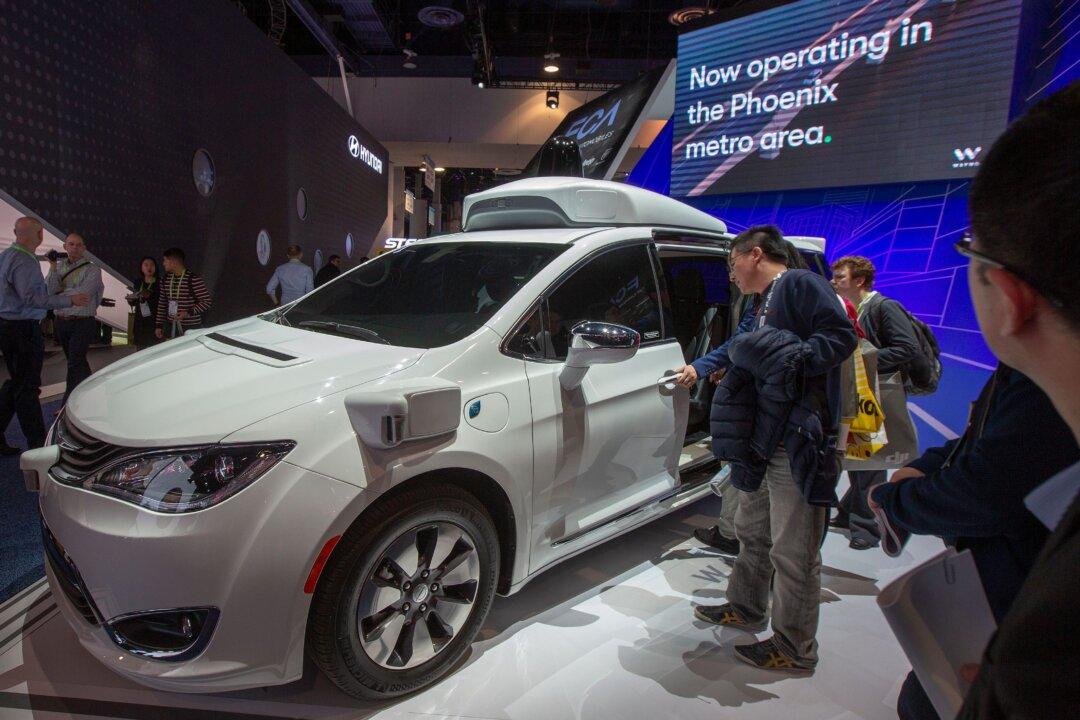Commentary
About once a week, I pull my phone out to send a text message and someone will explode with surprise, exclaiming, “Whoa! Is that a Razr flip-phone? I used to have that!” Evidently, I am one of the two out of 10 people in the United States who doesn’t own a smartphone.





